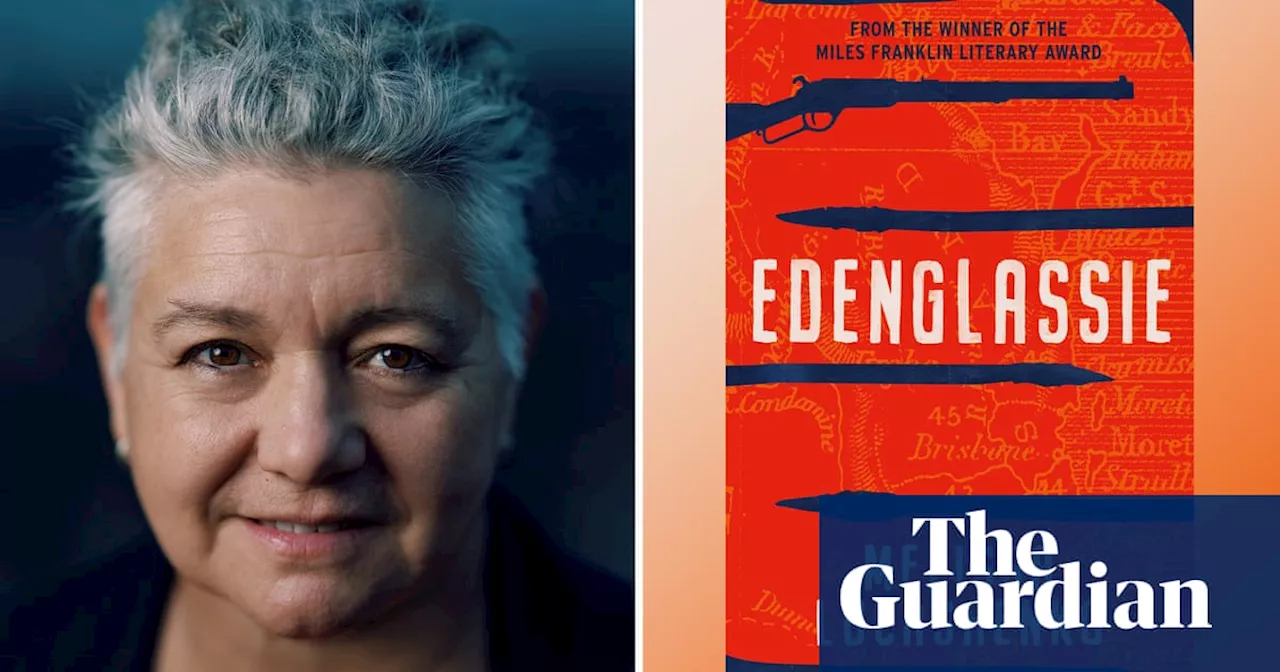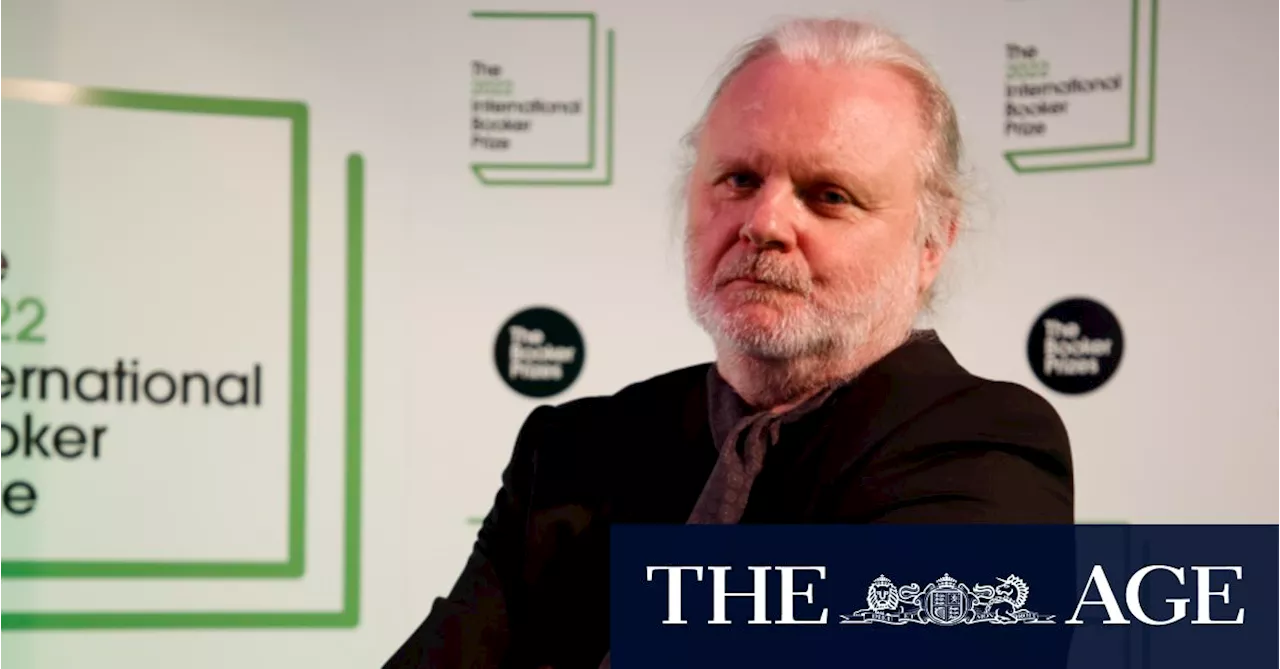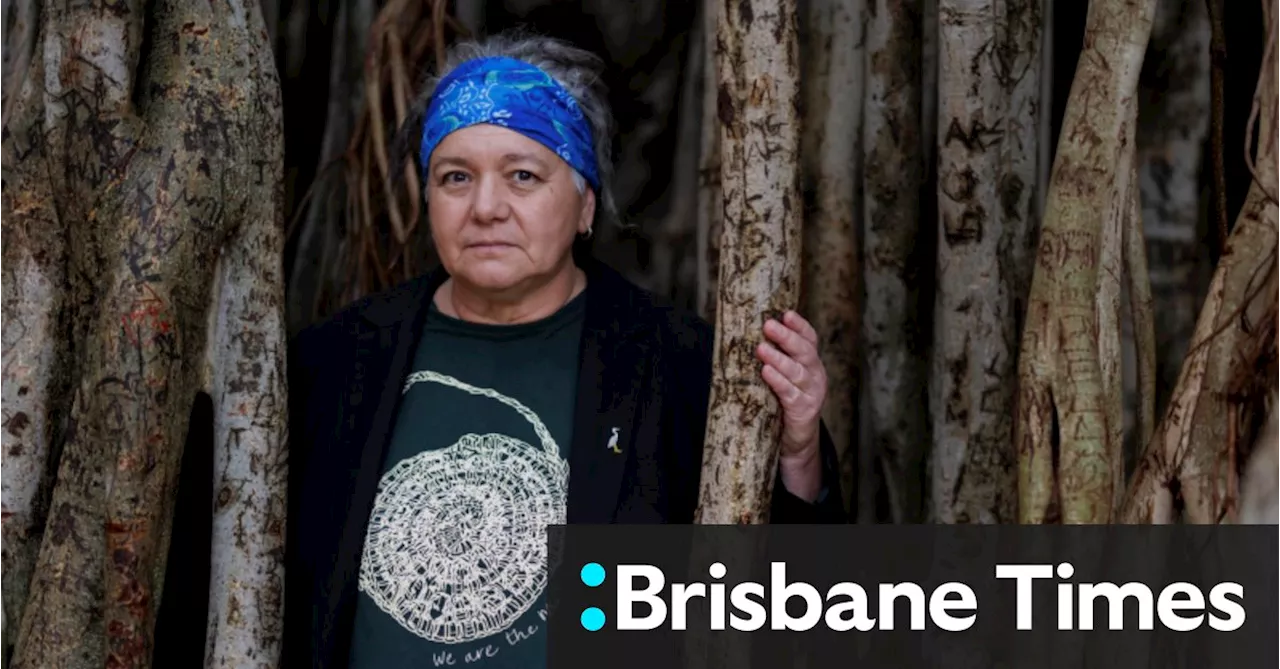Melissa Lucashenko must be the only Australian author to have won both the country’s top literary award and a mainstream TV quiz show.
, is struggling to concentrate. We’re sitting on the back terrace of the Avid Reader bookstore in Brisbane’s West End, drinking coffee in the late-winter warmth, which even in August is hinting at humidity. We’re shaded by a fig tree, which bursts with bird life. To me, it feels lush and subtropical. Peaceful even. But Lucashenko is distracted by a particular bird that’s dropping fig rubble all over us.
In the book , the two groups coexist uneasily at the Queensland frontier, their interactions defined by mutual curiosity and suspicion, economic co-dependence and outbreaks of violence. “I’d wanted to write a novel of colonial Brisbane for a very long time, since I read,” Lucashenko says, having refocused after the myna interruption. “It is so full of stories and insights into the colonial era that as a novelist I just went, ‘Wow. This is begging to be fictionalised.
That Aboriginal people were not all killed off in the early days of settlement was despite the best efforts of some colonists; one of the historical events that inspired the book was the public hanging of the Indigenous warrior Dundalli, the last person publicly executed in Queensland. Labelled on his death “one of the most guiltiest and most incorrigible of the aboriginal natives of this quarter” by, Dundalli evaded capture for 14 years before being convicted in 1854 of two murders .
Lucashenko did not know she was of Aboriginal descent until she was 15 years old, when someone she knew “picked it” and said to her, “You’re Aboriginal … go home and ask your parents.” About that time, a photo appeared on her mother’s dresser of “this very black woman”, Lucashenko says. “I said, ‘Who is that photo of that Aboriginal woman?’ ” she recounts. “My mother said, ‘Oh, that’s my grandmother. That’s why we’ve all got olive skin and dark hair.
I ask if her success, and the financial benefits of it, such as they are – the Miles Franklin pays a $60,000 winner’s cheque – make her feel safe. She pauses for a long time, and the silence would be awkward were it not for the birds. “I don’t think I’ve ever felt safe,” she says quietly. “And that sounds melodramatic but … I started doing karate when I was 13 and I did karate for 10 years, and I think that’s the only thing in my life that’s made me feel safer.
Australia Latest News, Australia Headlines
Similar News:You can also read news stories similar to this one that we have collected from other news sources.
 Edenglassie by Melissa Lucashenko review – Miles Franklin winner slices open Australia’s past and presentThe latest novel from the author of Too Much Lip splits its time between the 1800s and 2024 and provides a masterclass in humour, flair and generosity
Edenglassie by Melissa Lucashenko review – Miles Franklin winner slices open Australia’s past and presentThe latest novel from the author of Too Much Lip splits its time between the 1800s and 2024 and provides a masterclass in humour, flair and generosity
Read more »
 Chinese author Can Xue favourite to win 2023 Nobel prize for literatureHaruki Murakami, Margaret Atwood and Salman Rushdie are also among those highly tipped for the prize, announced on Thursday
Chinese author Can Xue favourite to win 2023 Nobel prize for literatureHaruki Murakami, Margaret Atwood and Salman Rushdie are also among those highly tipped for the prize, announced on Thursday
Read more »
 Norwegian author Jon Fosse wins the Nobel Prize in literatureThe Nobel Prize in literature has been awarded to Norwegian playwright and novelist Jon Fosse.
Norwegian author Jon Fosse wins the Nobel Prize in literatureThe Nobel Prize in literature has been awarded to Norwegian playwright and novelist Jon Fosse.
Read more »
 Norwegian author Jon Fosse wins the Nobel Prize in literatureThe Nobel Prize in literature has been awarded to Norwegian playwright and novelist Jon Fosse.
Norwegian author Jon Fosse wins the Nobel Prize in literatureThe Nobel Prize in literature has been awarded to Norwegian playwright and novelist Jon Fosse.
Read more »
Norwegian author Jon Fosse wins the Nobel Prize in literatureThe Nobel Prize in literature has been awarded to Norwegian playwright and novelist Jon Fosse.
Read more »
